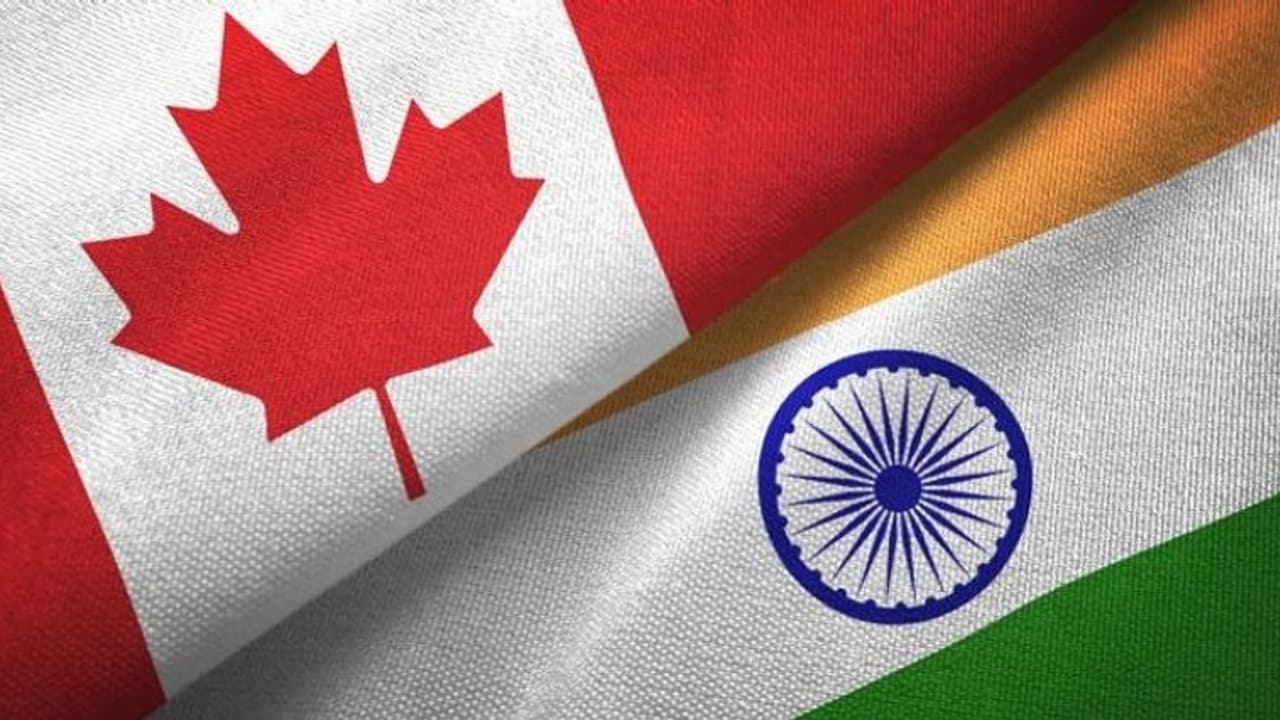Canadian universities, heavily reliant on international student revenue, face financial challenges. Immigration Minister Marc Miller hints at potential measures, including a possible cap, to address the situation and reform postgraduate work permit programs.
Amidst the diplomatic dispute between India and Canada, the issuance of study permits to Indian students has seen a significant decline, raising concerns among educational institutions and prospective students. Immigration Minister Marc Miller told international news agency Reuters that the strained relations, stemming from Prime Minister Justin Trudeau's allegations linking Indian agents to the murder of Khalistani terrorist Hardeep Singh Nijjar, have disrupted the visa processing system.

The fallout reached a peak in October when Canada was compelled to withdraw 41 diplomats, two-thirds of its staff, from India on the orders of New Delhi. The resulting diplomatic strife has contributed to an 86% drop in study permits issued to Indians in the fourth quarter of the previous year, totalling 14,910 permits compared to 108,940 in the previous quarter.
Canadian universities heavily rely on international students for revenue, with an annual influx of approximately C$22 billion ($16.4 billion). The decline in Indian student visas poses financial challenges for these institutions. Indians have consistently formed the largest group of international students in Canada, representing over 41% of all permits in 2022.
Despite the Canadian government's projection of hosting around 900,000 international students in 2023, triple the number from a decade ago, Miller acknowledges the need to address the sheer volume of incoming students. Potential measures, including a possible cap, are under consideration for implementation in the first half of this year.
The government aims to reform the postgraduate work permit program and crack down on "fly-by-night" universities. Additionally, plans to curb off-campus work hours for international students are in progress, raising concerns about potential labor shortages in the food service and retail industries.
While Canada remains a favoured destination for international students due to its post-graduation work permit policies, the evolving diplomatic landscape and proposed reforms may reshape the educational journey for Indian students in the country. As the situation develops, stakeholders closely monitor the implications for students and the broader education sector.
